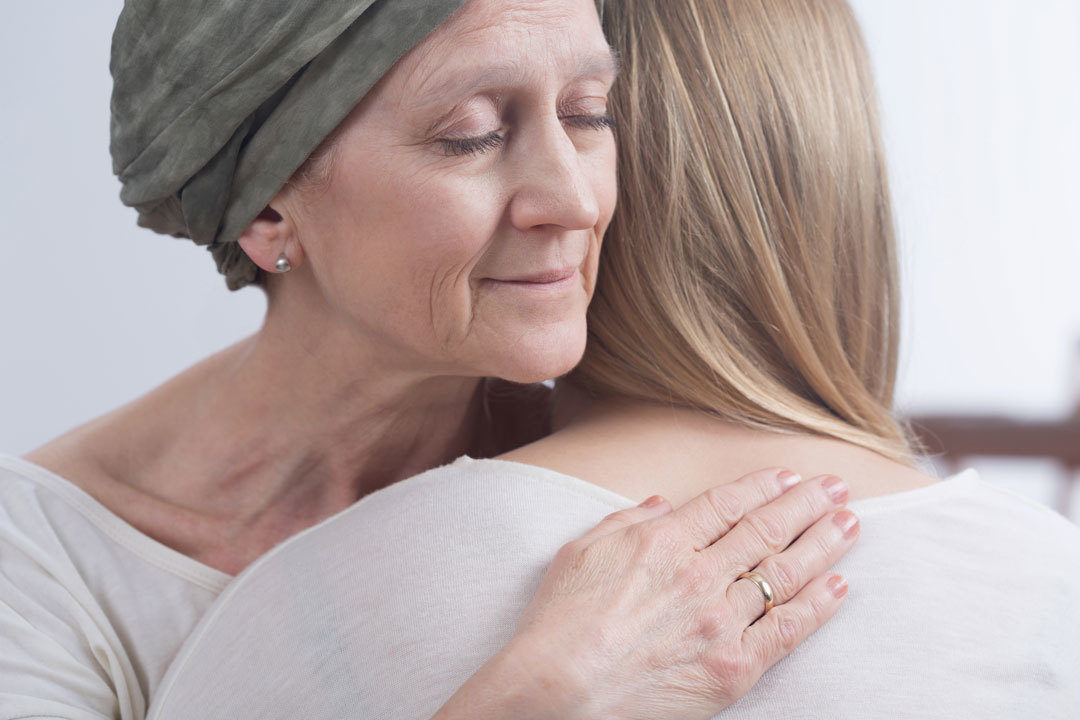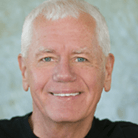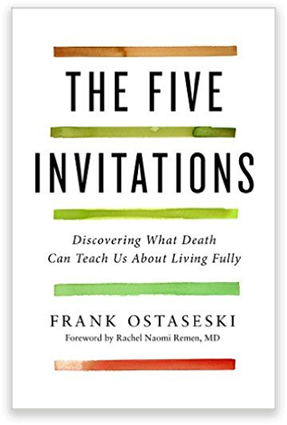A few years ago, I suffered a heart attack that required emergency triple bypass surgery. I have companioned many people through their illness and death. Yet, I discovered that the view from the other side of the sheets is very different.
At one point in the hospital, after surgery, I lost my stability. I couldn’t concentrate. My mind was like a barking junkyard dog. I got swept up in the fear, the pain and dependency. The mind, heart and body became so confused. Perhaps like lots of other patients I started identifying with the anxiety, with my shrinking world. I felt myself getting smaller and smaller.
Hospitals have a fix it mentality. They are environments of expectation. There is a protocol for everything and a plan to move you through the anticipated process. Some of this is necessary and essential to recovery. Without it I would not be here today to write this article. However, the emphasis is completely future-oriented. Immersed in such conditions, I found it difficult to stay present. Gradually I got swept up in solution consciousness and joined with the predominant mindset of evaluating my state of being by some external measures. It was a hell realm.
Too often, caregivers tend to amplify the patient’s fear or exacerbate the condition of confusion by focusing exclusively on problem solving. In so doing, they may intensify the contraction. Soon, just as I had, the patient loses contact with their innate resourcefulness.
No one asked me how I felt—only where my pain was on a scale of 1-10. Did I have a bowel movement yet? Was I doing my breathing exercises?
I was touched all the time, but rarely was that touch felt as healing. Mostly I was “monitored”. I’m sad to say that my caregivers had more of relationship with the device they were using then they did with me. The staff was so unmercifully driven by tasks and expectations and their anxiety over not being able to manage those tasks got passed on to me.
There is a lot of fear around going toward suffering. We’re afraid we’ll get overwhelmed. Compassion is the antidote to this fear. Compassion enables care profoundly without becoming overwhelmed. Compassion has no agenda, no judgments, no shoulds. We cannot help a person if we are trying to change them. So, compassion expresses the gentleness, the kindness necessary for our heart, our soul to relax, to trust, to open to suffering. Without compassion, caregiving becomes a series of mechanical, technological efforts that exhaust everyone and heals no one.
In caring for someone who is sick we use the strength of our arms and backs to move a patient from the bed to the commode. We lend the patient our bodies. We can also lend patients the concentration of our minds, the fearlessness of our hearts. We can be a reminder of stability and confidence. We can expand our heart in such a way that it can inspire the individual who is struggling to do likewise. Then we become a true compassionate refuge. Our presence restores trust in the patient’s own capacity to heal.
I don’t heal because my problems are being solved. I heal by reconnecting with what I may have lost in the fear and contraction of illness. The dynamic companionship of compassion breeds courage and allows me to go toward and learn from the suffering I might otherwise try to avoid. That’s how we restore wholeness.
If we are wedded to our role as a helper, using only our strength and expertise, we may inadvertently cause the patient to feel weak and helpless. If we are occupied with only fixing problems without attending to the whole person, we may be encouraging the person to see themselves as broken.
Whereas, if we can attend to this person as intrinsically whole, they can contribute to their own healing. As caregivers, we need to be more than problem solvers. We need to be portals to a larger possibility.
My two-cents on supporting people who are sick?
Love them.
Help them to embrace and love the obstacles in front of them.
That will lead them back to what they feel most disconnected from—and that is the true source of their healing.




Leave a Comment